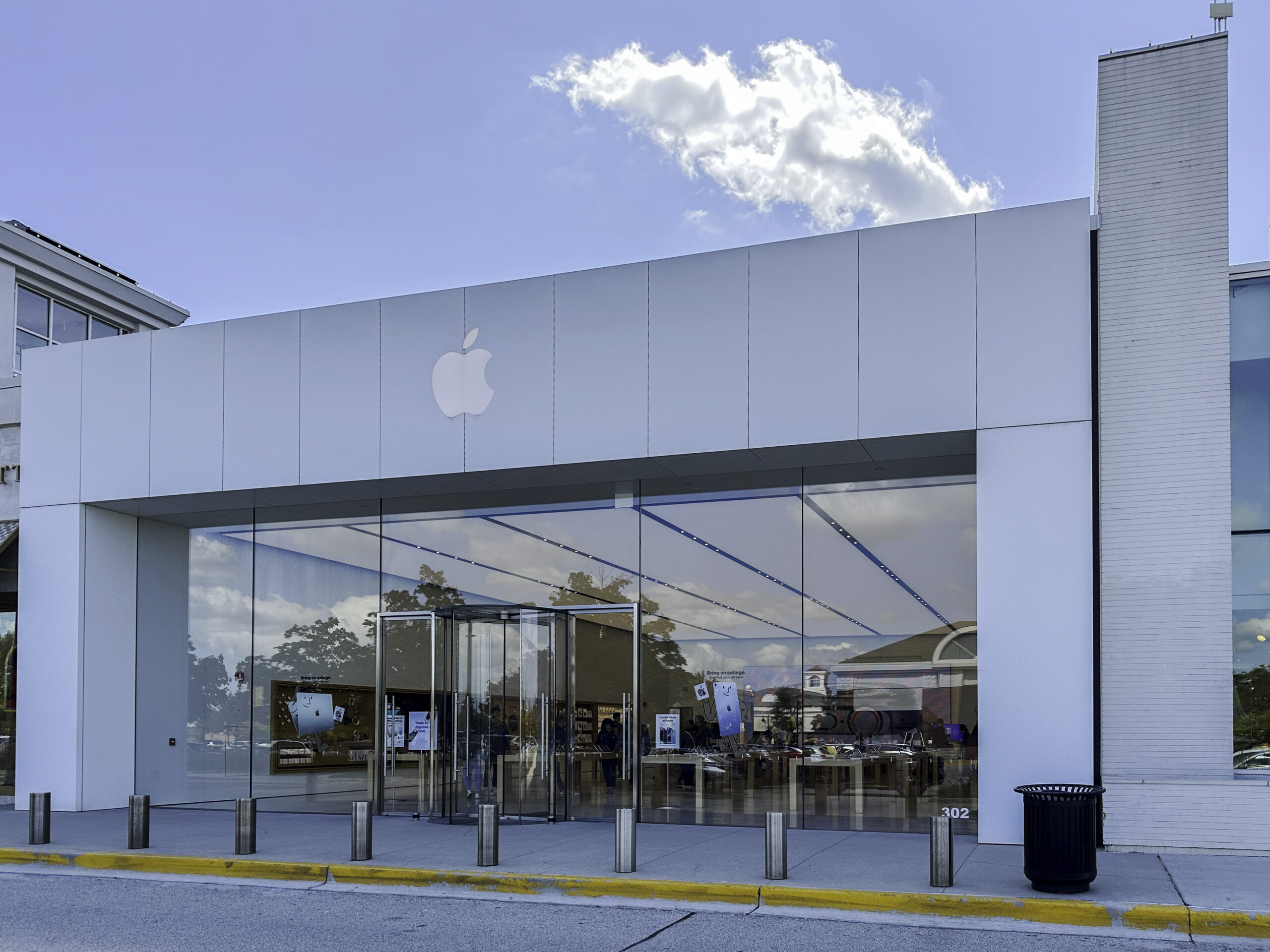Where Do the Democratic Presidential Candidates Stand on Antitrust?

Antitrust is a hot topic these days, and most of the Presidential candidates have either declared positions or proposed policies regarding competition. This attention to competition policy means that these positions are important, and may result in a change to competition policy in the future. How competition policy may change is uncertain, some candidates have offered specific competition plans or included competition policy in other plans they have set forth. Other candidates have signaled that they would like changes to enforcement, and some have stated what that might look like.
Below is a summary of the positions, plans, and statements certain 2020 Democratic Presidential candidates have made and taken. Republican candidates are not included because the only Republican candidate who has commented on the record about antitrust, Mark Sanford, recently announced he is ending his bid.
Elizabeth Warren: Sen. Warren has been the most vocal about antitrust issues, and has released a plan that includes breaking up tech companies by unwinding certain tech mergers and imposing “platform utility” legislation that prevents tech companies from offering products on their own services. Warren’s current interest in antitrust seems primarily directed at tech companies, although she has mentioned concerns in other industries in the past.
Bernie Sanders: Sen. Sanders has indicated that he backs breaking up Facebook, Amazon, and Google. This is a slight change from an earlier position where he supported looking into breaking up Google, Apple, and Amazon. Sanders has supported breaking up Facebook for much longer. Sanders also has released a larger Corporate Accountability Plan with competition elements like ending deference to the consumer welfare standard, establishing bright-line merger rules, reviewing all mergers that occurred during Trump administration, break up certain dominant companies, and expanding the authority of the FTC. This plan seems largely industry agnostic, and is not particularly focused on tech.
Amy Klobuchar: Sen. Klobuchar is another candidate with significant competition policy proposals. Klobuchar has raised concerns not just with the tech industry, but other industries such as pharma and online travel. Klobuchar’s plan would reexamine certain completed mergers, raise merger filing fees, and create a more stringent legal standard for approving mergers. At SXSW, Klobuchar said that she would want tech competition investigated first. Klobuchar has sponsored many competition bills in the Senate, including the Merger Enforcement Improvement Act, the Consolidation Prevention and Competition Promotion Act of 2019, the Filing Fee Modernization Act of 2019, and the Monopolization Deterrence Act of 2019.
Joe Biden: Former Vice President Biden has said there is a very strong case to crack down on tech companies but that it is premature to decide to break them up. Biden has yet to release a plan specifically on the tech industry, but he has released a plan for rural America that calls for greater antitrust enforcement in the agriculture industry.
Pete Buttigieg: Mayor Buttigieg has said that the FTC should be empowered to be able to intervene in more competition concerns, including in the tech industry. He has yet to release any specific plans.
Kamala Harris: Sen. Harris has said we need to take a serious look at breaking up Facebook, and referred to the company as “essentially a utility that has gone unregulated.” Harris has not released any specific plans.
Cory Booker: Sen. Booker told Politico Pro that he does not support Sen. Warren’s proposal to break up tech companies but does support efforts to ramp up investigations. Booker supports a context-specific approach where any actions taken depend on the case. In the competition context, Booker has been critical of the tech industry’s practices, as well as the drug and agriculture industries.
Andrew Yang: Yang told ABC news that “we would be well served by having them break themselves up into different parts of their businesses.” However, he has also said that the dynamics in the industry mean that competition enforcement isn’t always the answer. Yang has called for new solutions and a new toolkit. Yang released a plan that focuses on regulation, including establishing data as a property right and creating a Department of the Attention Economy.
Julian Castro: Former HUD Secretary Castro said that “we need to take a stronger stance when it comes to cracking down on monopolistic trade practices.” Castro has not released specific plans.








